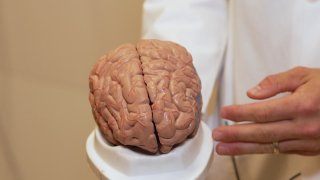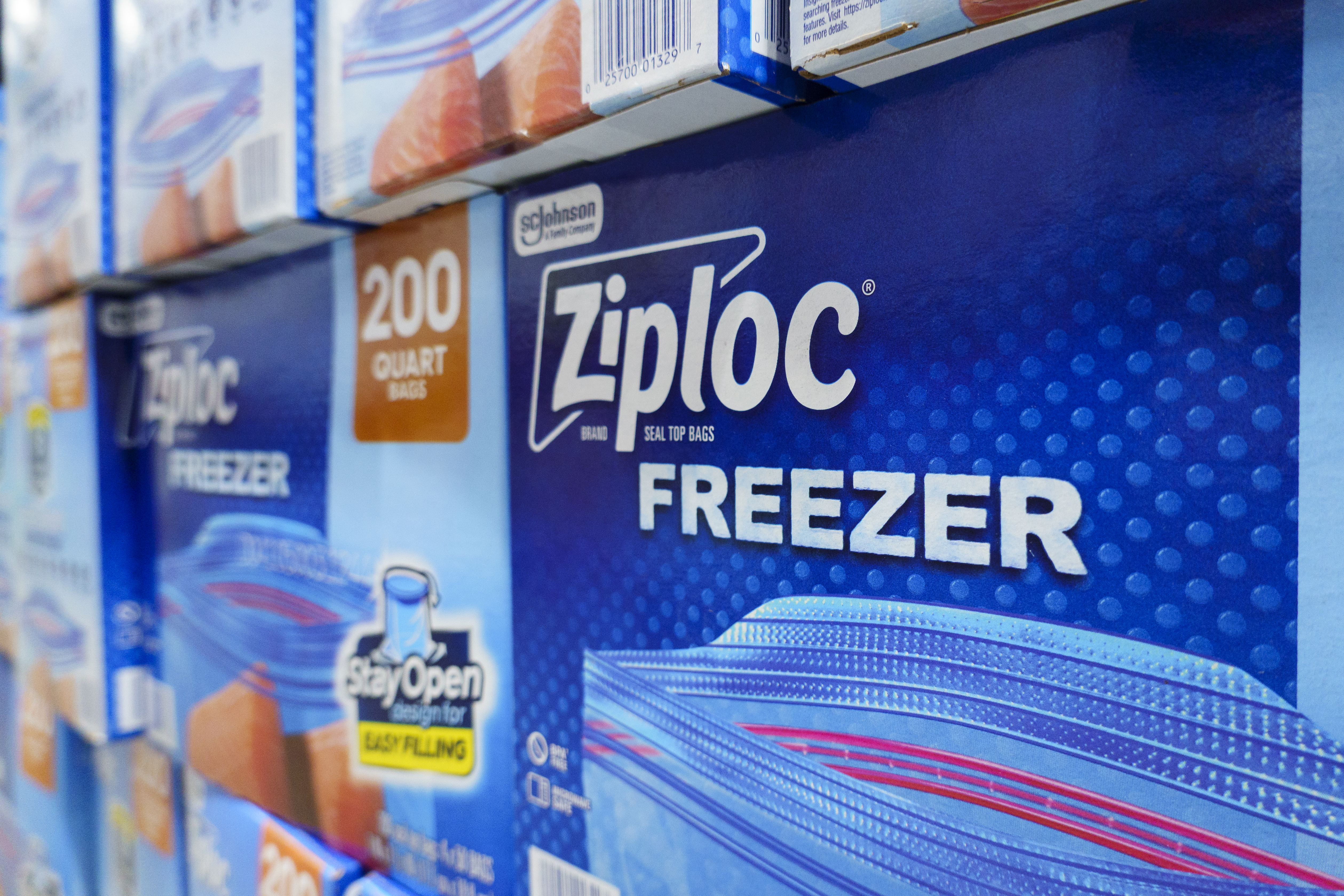
Ketamine is a powerful medication, used as a sedative since the 1970’s. But it’s seldom been used with traumatic brain injuries in children, because for years, it was thought to raise intracranial pressure inside the skull. However, new research shows ketamine might actually help kids heal.
A few years ago, Will Terry was riding a scooter on vacation, when he toppled over head-first.
Watch NBC 5 free wherever you are
“He was trying to slow down and brake, and when he did, he went over the handlebars and hit his head,” his mother, Catherine Terry, explains to Ivanhoe.
Within 30 minutes, he was throwing up.
Get top local stories delivered to you every morning with NBC DFW's News Headlines newsletter.
Catherine says, “I went to get the car, and Daddy started carrying Will down to the car, and he lost consciousness.”
Will had suffered a traumatic brain injury and had surgery in Florida before being flown to Monroe Carell Jr. Children’s Hospital at Vanderbilt.
“Right after his accident, he was in a coma, essentially, a month and on a ventilator for a very long time,” Catherine adds.
Health Connection
Get connected to a healthier life.
Traumatic brain injuries hospitalize 50 to 60,000 children every year, but can ketamine be the answer to treating these kids? In a study, children from one month to 16 years of age were given ketamine post-brain injury.
Critical care medicine doctor at Monroe Carell Jr. Children’s Hospital at Vanderbilt, Dr. Michael Wolf, MD says, “In patients who received ketamine, their intracranial pressure – the pressure in their heads – went down.”
And that was critical for Will to have time to heal. He’s 12 now and taught himself sign language to communicate.
“He is still making tremendous progress. Every day, he’s getting better and stronger and more independent. And so, really, the sky is the limit,” Catherine says about her son.
Eighteen doses of ketamine were administered during actual intracranial crises. In the study, overall, researchers observed a lessening of that pressure. Because the findings represent a shift in thinking that ketamine raises intercranial pressure, Dr. Wolf will continue with a larger study.
Contributors to this news report include Donna Parker, Producer; Roque Correa, Videographer and editor.




